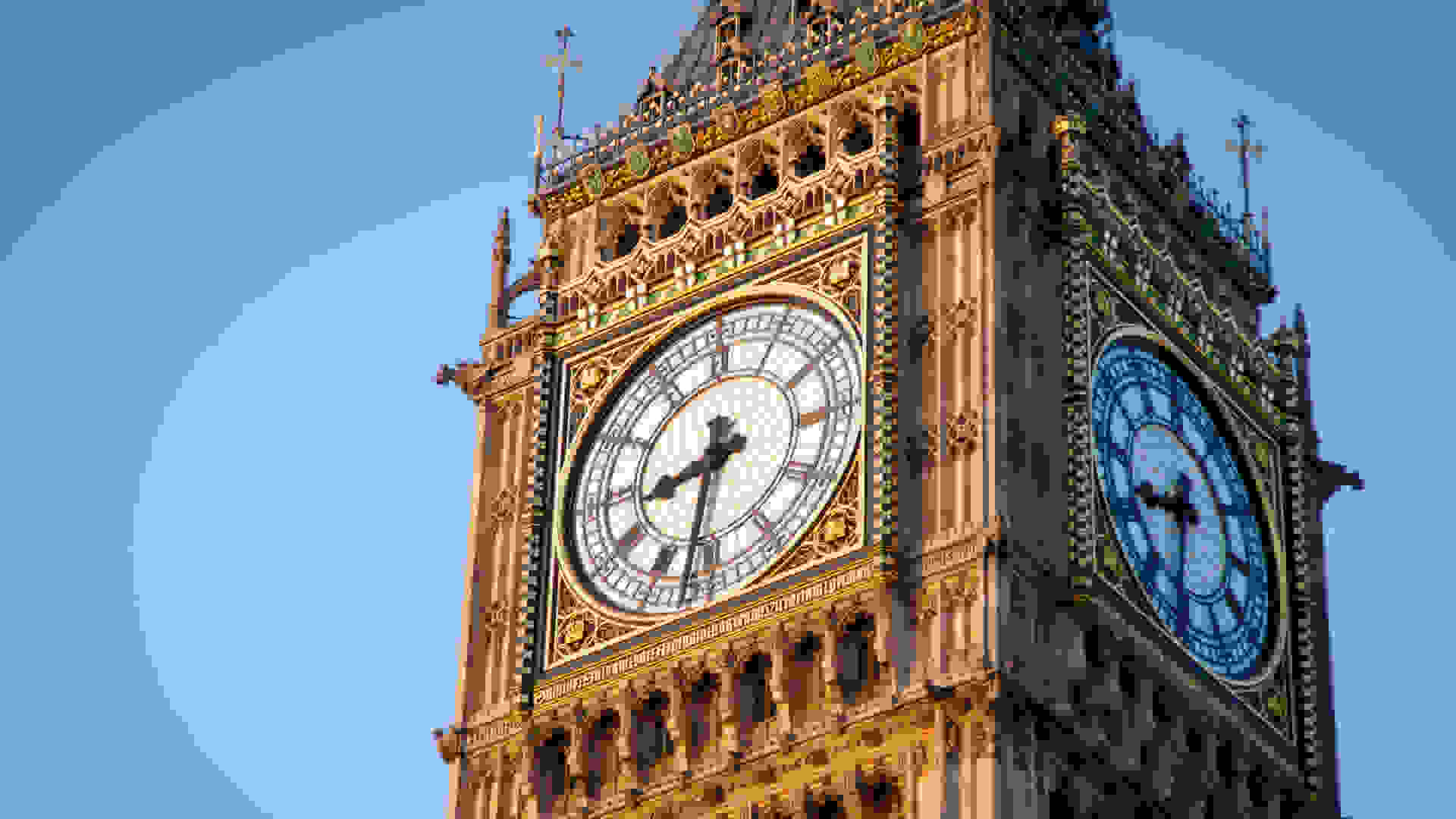What we do
Sun. 1 Jan 2017
Founded in 1944, the Hansard Society is the UK’s leading source of independent research and advice on Parliament and parliamentary affairs.
Get our latest research, insights and events delivered to your inbox
Share this and support our work
A research and education Society dedicated to expounding the principles, practices and challenges of parliamentary democracy, the Hansard Society is widely recognised as the Westminster Parliament’s ‘critical friend’. It is an authoritative and rigorous source of non-partisan analysis, constructive criticism, and proposals for bold but practical reforms for Parliament. The Society’s work supports the improvement of knowledge about Parliament and the development of reforms needed to shape our democratic institutions for the 21st century.
A registered charity, the Society is a membership organisation which is governed by an independent Board of Trustees including representatives from across the political spectrum. Underpinning our commitment to non-partisanship, the Speakers of the two Houses – currently the Rt Hon Sir Lindsay Hoyle, Speaker of the House of Commons, and the Rt Hon the Lord Fowler, the Lord Speaker – serve as honorary Co-Presidents of the Society.
In addition to producing evidence-based ideas for the reform of Parliament, we publish Parliamentary Affairs, one of the leading international political science journals dedicated to the study of representative democracy. Convening debate on topical political issues, we provide a non-partisan forum for the exchange of ideas about our democratic future, and we promote the improvement of knowledge and understanding of Parliament through a range of training programmes and services. And, since 1986, our international Scholars programme has been educating young people from around the world to serve as future leaders in civic and political life.
Our current work falls into eight key themes:
Brexit and Parliament, including legislation, scrutiny, and treaty- and trade agreement-making
Future Parliament, including the Restoration and Renewal of the Palace of Westminster
Governance of Parliament, including administration, leadership, procedures and resources
Making better law, including delegated legislation and the legislative process
Parliaments around the world, including our participation in the Global Research Network on Parliaments and People
Parliamentary scrutiny, including select committees and financial scrutiny
Political engagement, including our annual Audit of Political Engagement study
Representation, including elections, parties and the role of MPs and other representatives
Dedicated pages for each of these themes are accessible from the ‘Our Work’ menu at the top of the page.
More
Latest
Guides / Financial Scrutiny: the Budget
In order to raise income, the government needs to obtain approval from Parliament for its taxation plans. The Budget process is the means by which the House of Commons considers the government’s plans to impose 'charges on the people' and its assessment of the wider state of the economy.
Guides / Financial Scrutiny: the Estimates Cycle
In order to incur expenditure the government needs to obtain approval from Parliament for its departmental spending plans. The annual Estimates cycle is the means by which the House of Commons controls the government’s plans for the spending of money raised through taxation.
Data / Coronavirus Statutory Instruments Dashboard
The national effort to tackle the Coronavirus health emergency has resulted in UK ministers being granted some of the broadest legislative powers ever seen in peacetime. This Dashboard highlights key facts and figures about the Statutory Instruments (SIs) being produced using these powers in the Coronavirus Act 2020 and other Acts of Parliament.
Briefings / The Economic Crime (Transparency and Enforcement) Bill: four delegated powers that should be amended to improve future accountability to Parliament
The Bill seeks to crack down on ‘dirty money’ and corrupt elites in the UK and is being expedited through Parliament following Russia’s invasion of Ukraine. This briefing identifies four delegated powers in the Bill that should be amended to ensure future accountability to Parliament.
Articles / Brexit and Beyond: Delegated Legislation
The end of the transition period is likely to expose even more fully the scope of the policy-making that the government can carry out via Statutory Instruments, as it uses its new powers to develop post-Brexit law. However, there are few signs yet of a wish to reform delegated legislation scrutiny, on the part of government or the necessary coalition of MPs.